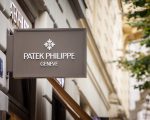Bernard Arnault, CEO of LVMH, has made management changes within the world’s largest luxury group. Pietro Beccari, who has run Dior since 2018, has been named the new CEO of LVMH’s flagship brand Louis Vuitton. Delphine Arnault, Bernard Arnault’s daughter, will take over as CEO of Dior after having been the number two at Louis Vuitton since 2013. Three of Bernard Arnault’s sons, Antoine, Alexandre, and Frédéric, have executive roles within the group. The changes come as LVMH plans for leadership succession at the group built into the most valuable company in Europe.
Mr. Beccari will succeed veteran executive Michael Burke at Louis Vuitton, who has turned the luggage and handbag maker into a powerhouse that accounts for almost two-thirds of LVMH’s annual operating profit. Mr. Beccari has also helped treble annual sales to about €10 billion ($15.6 billion) in only four years at Dior, LVMH’s second-biggest brand, and vaulted the Paris-based house into the top ranks of luxury brands in terms of sales and growth.
Last summer, a significant change was made to Financière Agache, the family’s holding company that holds a 48% stake in LVMH, which turned Agache into a société en commandite, a distinctive legal status in France used by a handful of family-owned companies such as Hermes and Michelin to help protect them from takeover. The move was seen as a way to facilitate the future governance within the family and organize the ownership in the coming decades among the five heirs and their descendants.
Thomas Chauvet, a luxury analyst at Citi, stated that “Succession planning in strategic roles has been instrumental to the success of LVMH’s key brands over the past 20 years, hence today’s management changes are significant.” The changes come as LVMH has enjoyed resilient demand for its high-end handbags, watches, and fashion even as the global economy slowed last year. Its shares slumped 7% in 2022 amid a sell-off in global equities, compared with a 10% drop for the sector. However, the reopening of the Chinese market, the second biggest for luxury in terms of sales after the US, that began in December when strict COVID-19 controls were lifted is expected to support luxury sales this year.
















